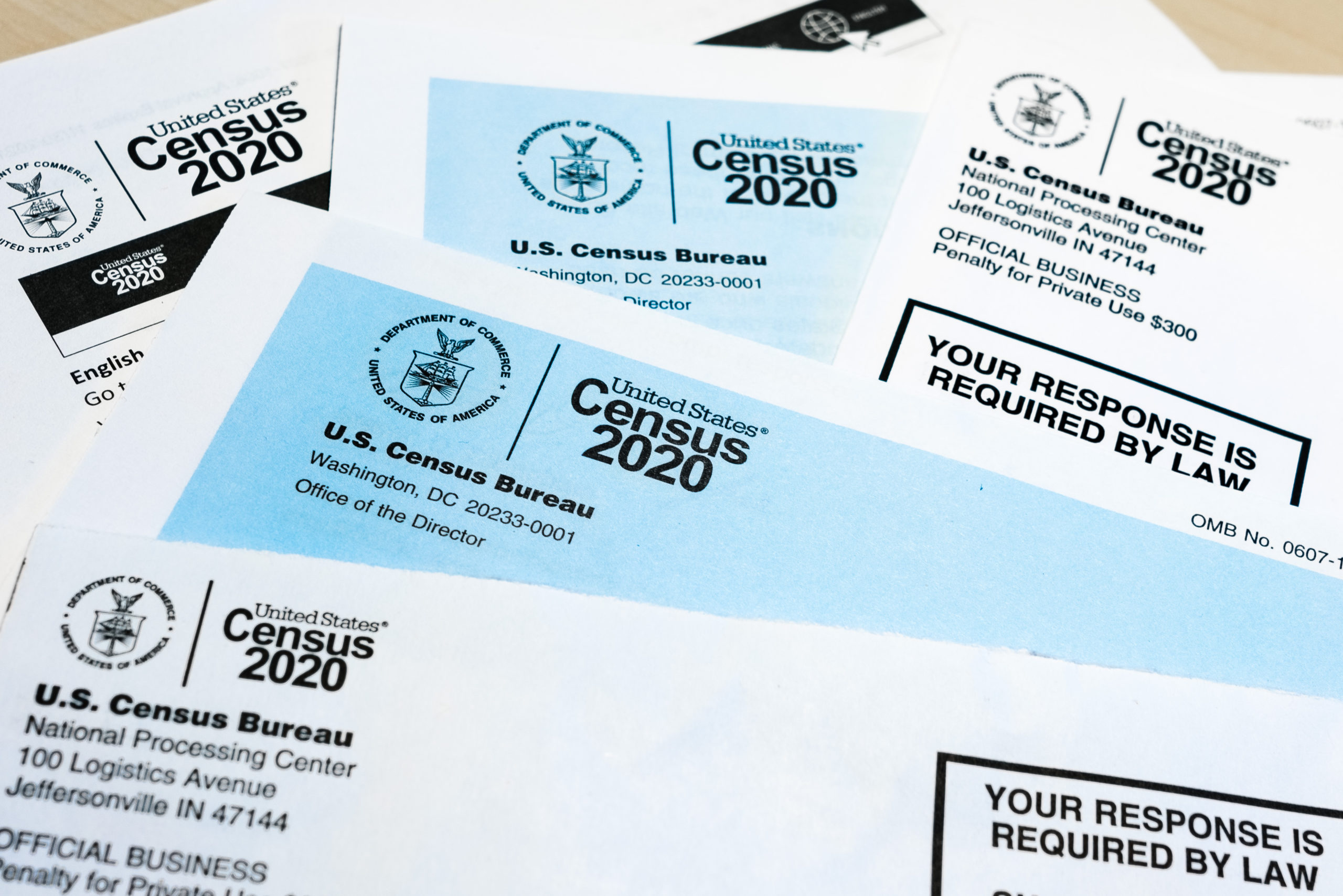
By Moné Holder – Despite being in the midst of a global pandemic, the 2020 Census is taking place and Floridians will be counted whether they are in the mood for it or not.
The COVID-19 pandemic has taken us all by surprise. In the blink of an eye, we have lost loved ones, scrambled for essential items, faced unemployment and have confined ourselves to our homes. Even after 90 days of being “safer at home” and bombarded with media coverage, we are uncertain about the future and quickly realize that our national and local leadership cannot be trusted.
With Florida currently implementing re-opening phases, many of us are confused and concerned about the impacts on our health and have no idea how the economy will recover, or more specifically how low-income and even working-class families who were furloughed during this time will ever be able to financially catch up.
One thing that is crystal clear; the lack of universal healthcare, affordable housing, quality education, adequate food sources, and small business protection has, and will continue to be, the demise of the great state of Florida.
So what does that have to do with the Census?

Every ten years each person living in the United States as of April 1 is counted. The accuracy of that data is crucial because billions of dollars of funding and Congressional representation are contingent upon the number of people living in a particular area when the Census count is taking place.
The punchline is that we must live with that count—accurate or not—for the 10 years that follow. The count, which will determine access to health and human services, schools, food sources and employment opportunities amongst many other things is literally a matter of life and death.
That matter of life and death has been proven during the rise of the COVID-19 pandemic. This is especially true in the Black community, which has suffered the highest amount of COVID-19 related deaths, and is also the same community that has traditionally been labeled “hard to count” by the U.S. Census Bureau. When a community is labeled hard to count, that means it is undercounted. An undercount results in being severely under-resourced.
I know that completing a Census questionnaire is probably last on the list of priorities for those of us who have been hit the hardest, but we must consider the long term effects. We must think differently than we did ten years ago as it relates to the Census. If we count ourselves out now, we will be unprepared in the event that a global crisis sneaks upon us again in the near future.
The self-response phase of the Census began in March. For the first time in history, the primary response method for the 2020 Census is online. We can still complete the Census by mail, phone, or eventually with a Census enumerator at our homes. However, during a pandemic where social distancing is the key to flattening the curve, being able to respond to the Census from the comfort of your home is the safest method.
Unfortunately, even with the added online option of completing the Census, the self-response rate in Florida as of June 8 is currently 58.1% with many counties that are predominantly Black and Brown responding at a much lower rate.
Although the Census Bureau has shifted its timeline in response to the COVID-19 pandemic, which provides more time for self-response, we must work as a community to get the message out and educate our friends, family and strangers about the importance of completing the Census now.
Grassroots organizations including The New Florida Majority are doubling down on Census outreach by independently mailing out 16,000 Census postcards, sending reminder text messages and hosting huge virtual and telephone events that not only highlight the importance of the Census but answer questions. We have also launched a phone banking program that has reached over 22,000 Floridians regarding the Census. However, there is still more work to do.
Remember, we must live with the numbers from the Census until 2030. Making sure that everyone in our community is counted during the 2020 Census is essential to ensure we are better prepared and have what is needed in the future. When it comes to the resources allocated as a result of the census, being counted is the only way to count.
By Moné Holder is Senior Program Director of Policy, Advocacy & Research for the New Florida Majority.

Be the first to comment